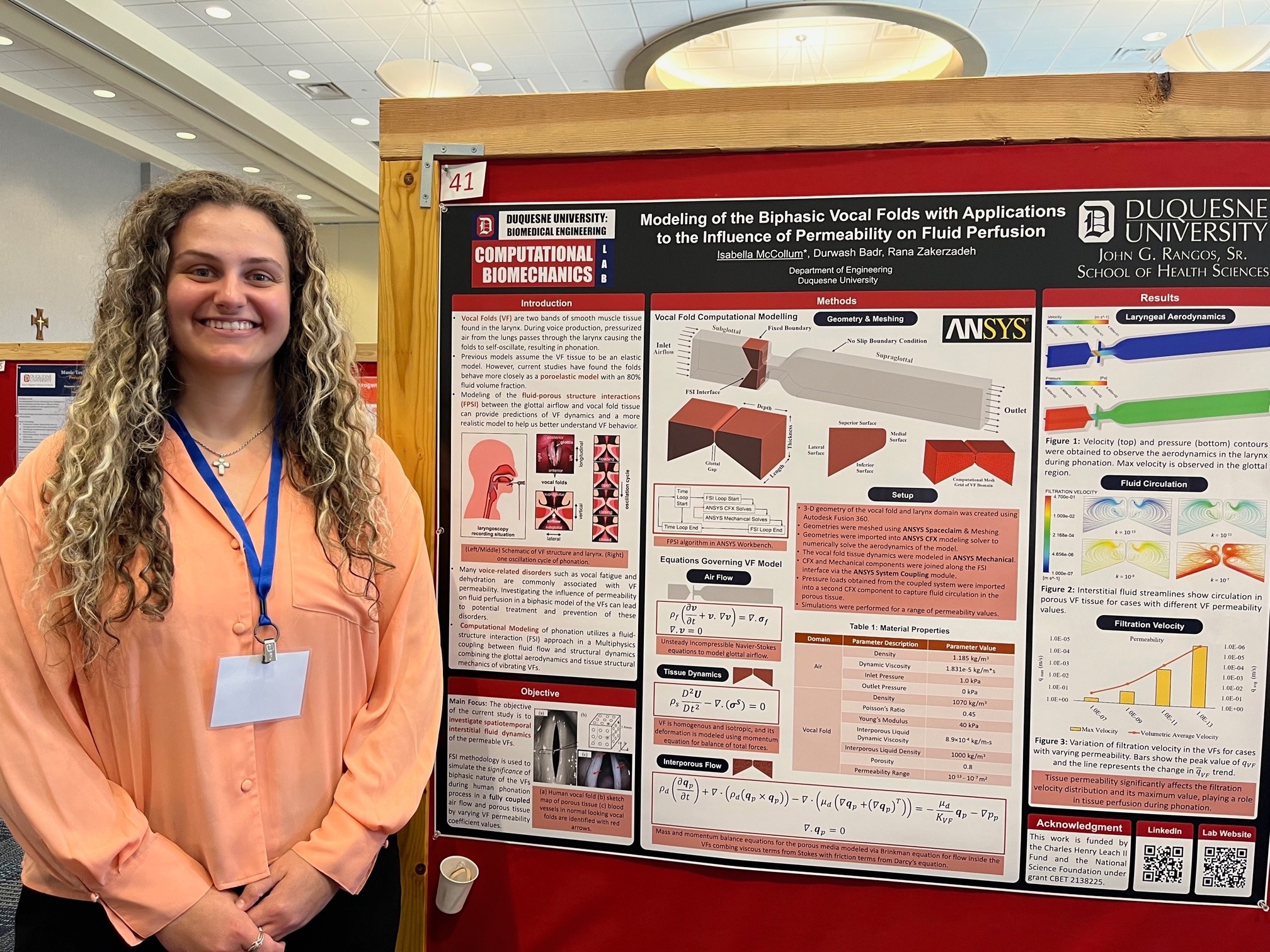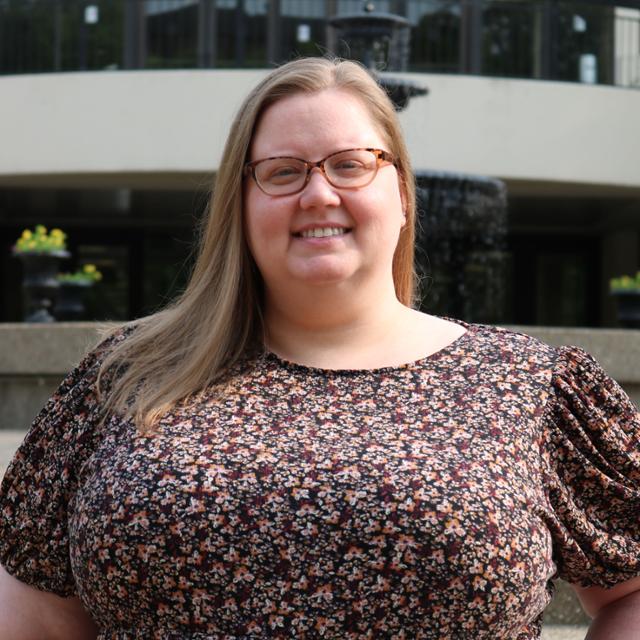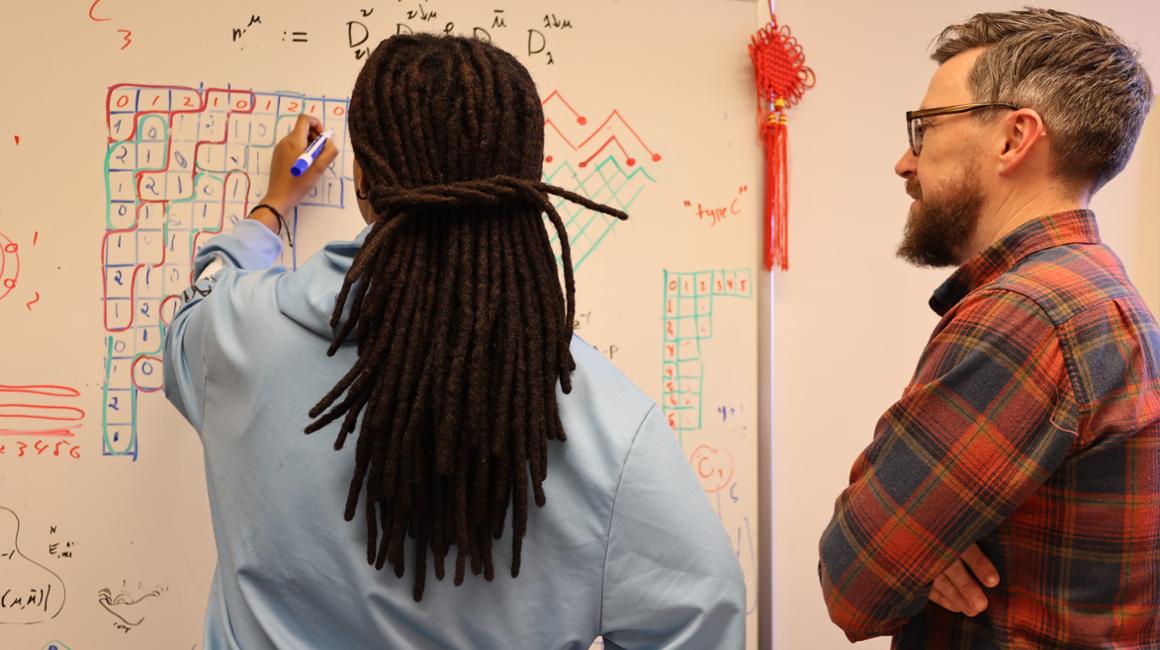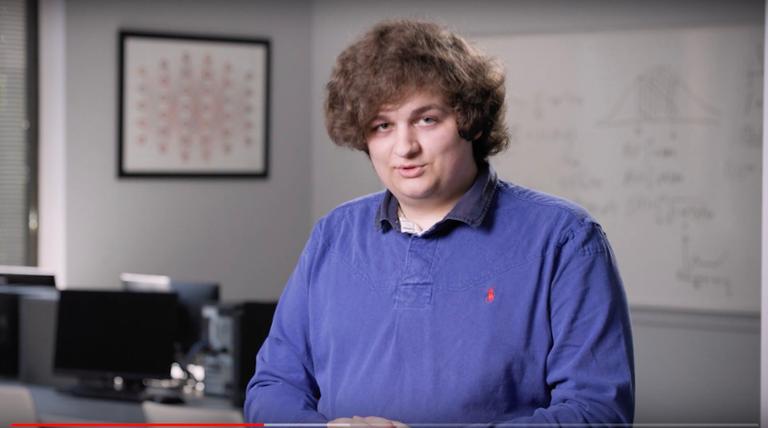Duquesne University's Bachelor of Science (B.S.) in Applied Mathematics is a unique interdisciplinary program led by expert faculty in mathematics and statistics. As a student in our program, you'll navigate a curriculum that places a strong emphasis on applying mathematical theory and techniques to real-world challenges. The core courses cover essential topics such as calculus, linear algebra, differential equations, probability and statistics, numerical methods and analysis. Tailor your academic path by opting for advanced mathematics courses in the quantitative track or exploring applications of mathematics in the applied tracks. Enhance your skill set through courses in scientific writing, communication, and professional development, equipping you with practical abilities for resume design, professional communication, and interview preparation. After completing your degree, you'll be equipped for a range of career paths, spanning roles in data science, financial modeling, engineering, and scientific research.
Applied Mathematics
Program Information
Experience the distinctive interdisciplinary approach of Duquesne University's Bachelor of Science (B.S.) in Applied Mathematics, guided by expert faculty in mathematics and statistics. Engage with a curriculum that strongly emphasizes the application of mathematical theory and concepts to real-world challenges.
Program Type
Major
Degree
Bachelor's
Academic Department
Mathematics and Computer Sciences
Duration
4-year
Required Credit Hours
120
Prepared For Anything
The Student Experience
Get firsthand insights from our students and faculty as they share their perspectives on the student journey within the Applied Mathematics program at Duquesne. Learn about the cutting-edge research initiatives, state-of-the-art facilities, and the tight-knit community that defines the unique essence of the applied math program.

Internship Opportunities
Internships play a crucial role in career development. As a student in our program, you will have access to a wide range of internship opportunities, spanning large and small companies, non-profit organizations, and government agencies.
Initiate your journey into Applied Mathematics today by reaching out to your Student
Success Coach!Questions? Contact Us!
Justine Valenti




